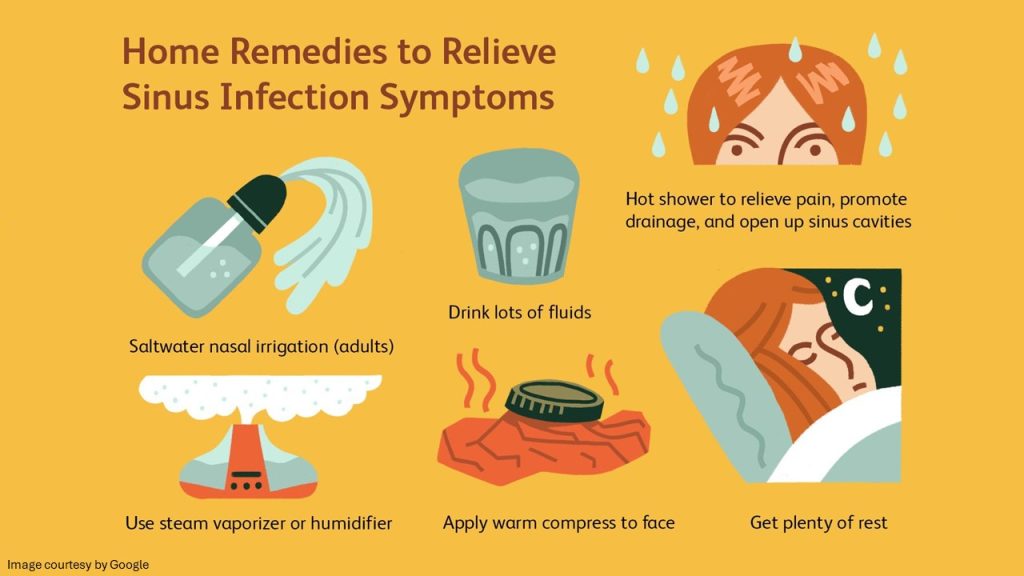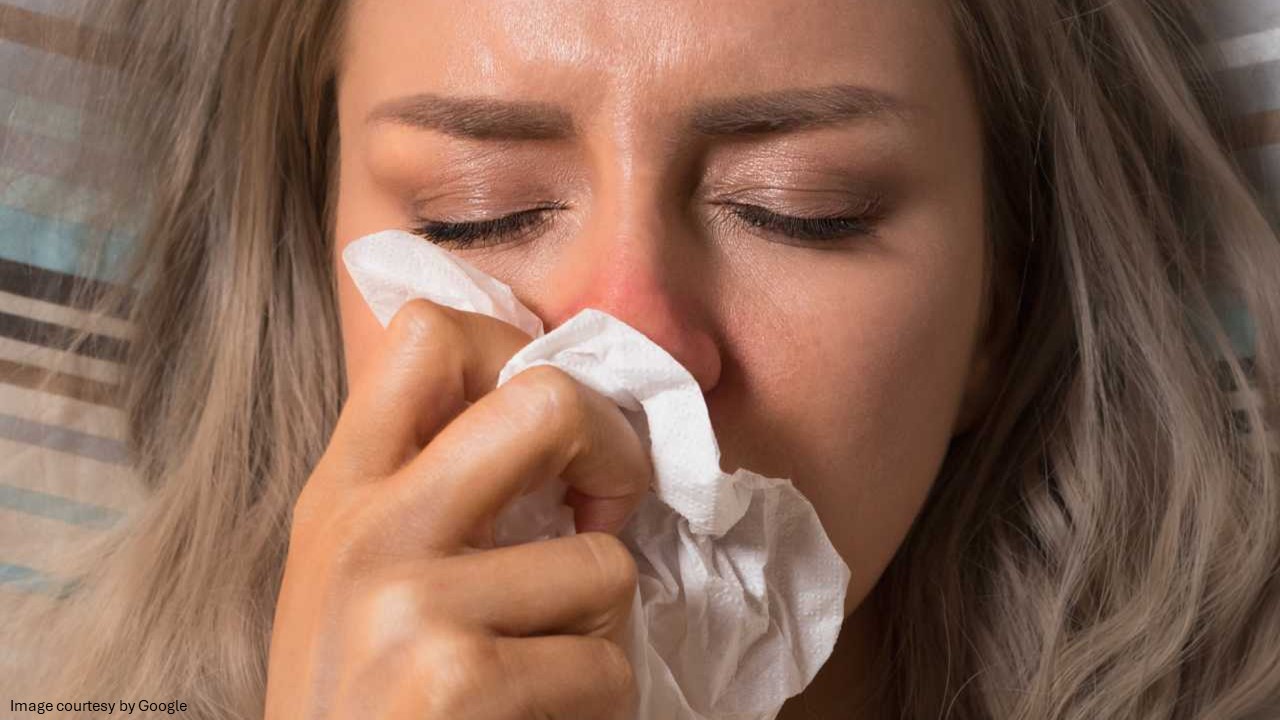Glandular fever is a kind of viral infection that mostly affects young adults. It is not a severe health condition but can be unpleasant and last several weeks. The symptoms are mild and can be treated with painkillers to reduce fatigue and fever. A second attack of glandular fever is highly unlikely as people develop life-long immunity issues to the disease after the first infection.
Causes of glandular fever
Glandular fever is spread through saliva and exposure to coughs and sneezes from other patients. It is caused by the Epstein-Barr virus (EBV). Most EBV infections occur during childhood and cause only mild symptoms. However, if the infection is caught during early adulthood, the patient can develop symptoms of glandular fever.
When you get attacked by the Epstein-Barr virus, you cannot sniff the infection as the illness is usually mild. The infection will progress, albeit rather slowly, with more severe symptoms. Initially, the classic symptoms are severe tonsillitis, sore throat, and chronic fatigue with a high fever of 38ºC or above, lasting up to three weeks. It also causes swelling of the lymph glands.
Symptoms
Only a small minority of patients have symptoms that last for a long time, although some patients can experience a chronic form that can last for more than a year. The more severe form of infection causes an enlargement and rupturing of the spleen, causing liver inflammation, inflammation of the brain, and swelling of the brain lining or spinal cord. The fever is also associated with jaundice, yellowing of skin and eyes, sore muscles and skin rash, and red spots or bruises in the mouth. Fatigue could take months to wear off, whereas some people have to live with the disease for over a year.

Does glandular fever commonly spread from person to person?
No, glandular fever is an uncommon type of infection, and not everyone develops it; one in every 200 people will develop glandular fever in any given year. Any age and any gender can be affected, but young adults between the ages of 15 and 24 are most affected. Interns, college and school-going students, nurses, and caretakers are more prone to the disease.
Diagnosis: Is it possible to spot the illness in the nascent stages?
Glandular fever can show up on blood tests. However, a blood test performed in the early stages may result negatively. For this reason, a second blood test can be carried out to confirm the results. The test includes finding the count of white blood cells in your body. When you are infected with a virus, your body produces more white blood cells to fight against the infections. The increase in white blood cells is due to the antibodies not being detected until the illness’s second or third week. A blood chemistry test can be done to detect abnormalities and inflammation in the liver’s functioning and obtain accurate results.
The symptoms of this viral illness can last for a few weeks, but in some people, tiredness and swollen lymph nodes can persist for several weeks. In certain cases, the recovery time can last for months.
Precautions
Medication should not be taken without consulting a doctor because there are potential side effects of medicines, like body rashes or allergies, that can affect the patient severely. However, you can rely upon paracetamol, aspirin, and non-steroidal anti-inflammatory drugs (NSAIDs) to mitigate the pain and fever. (Children under the age of 16 years should not take aspirin because it may cause a serious condition called Reye’s syndrome.)
Natural remedies to speed up recovery
Treatment cannot completely kill the virus as it focuses on relieving symptoms. The main treatment is to look after yourself and drink plenty of fluids. Some natural remedies to treat glandular fever include:
- Relieve your sore throat with a saltwater gargle
- Coconut oil is good for toxin removal and treating sore throat
- Apple cider vinegar is a well-researched anti-oxidant source; it helps eliminate the infection and boosts immunity
- A diet low in preservatives, food coloring, and additives is recommended to prevent reactions to food and chemicals
- Reduce or avoid sugar and alcohol
- Avoid fatty foods and drink carrots, celery, and beetroot juice
- Drink lemon juice with hot water
- The most helpful herbs include licorice, Siberian and Korean ginseng, Rehmannia, Schisandra, and Withania
- B group supplements and Coenzyme CoQ10 are important for energy levels dipped by chronic fatigue
- Get plenty of rest, but do not go on complete bed rest.
Preventive Measures
As with other infectious diseases, the spread of glandular fever can be reduced. The first thing to remember is to carefully wash your hands with soap under running water, especially after sneezing and coughing and before touching other people.
Secondly, you need to rest sufficiently at home until you recover to prevent the spread of infection. Consult a doctor to understand further treatment if you are unsure. Take the medication only that your doctor prescribes to treat the condition.
Max Jones
Latest posts by Max Jones (see all)
- How to Revive Your Sex Life - October 27, 2023
- Smoking and Asthma - October 20, 2023
- 10 Causes Of Erectile Dysfunction You Probably Didn’t Know About! - June 29, 2023




